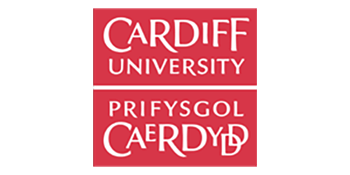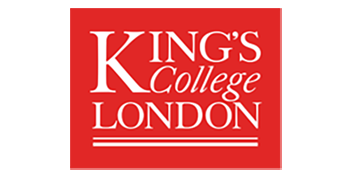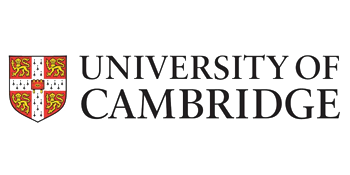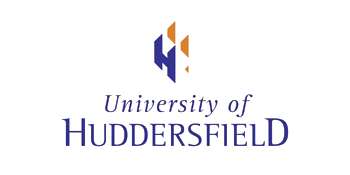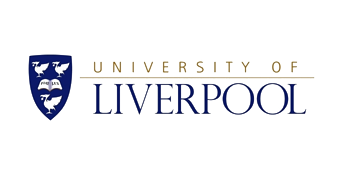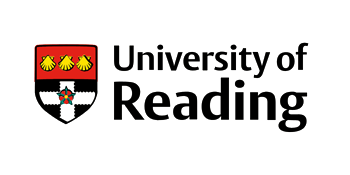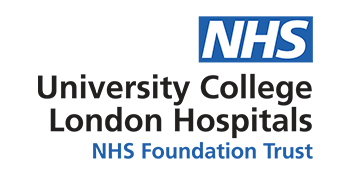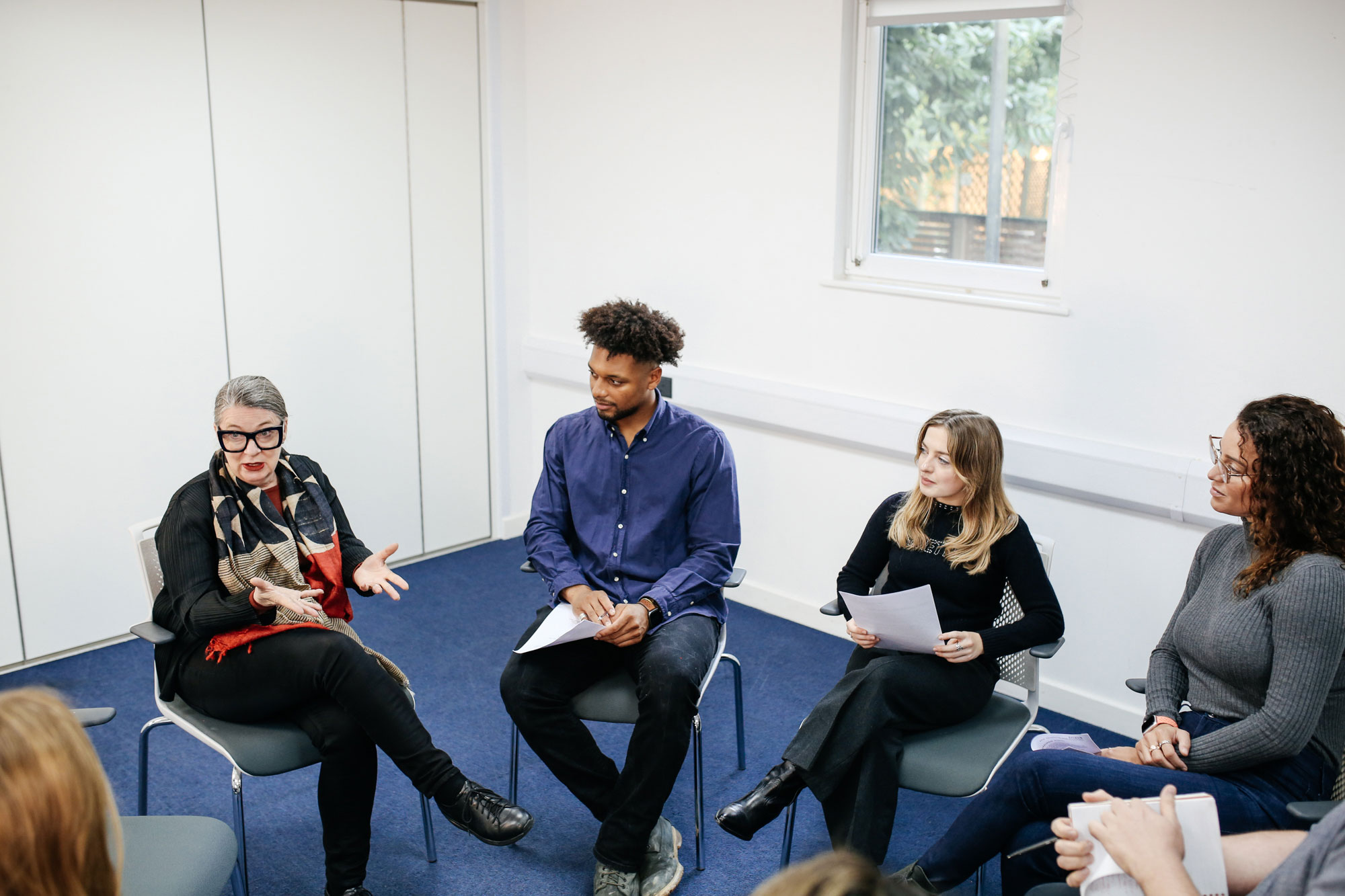
Trust services and ambitions
We are a specialist NHS mental health trust with a focus on training and education as well as providing a full range of mental health services and therapies for children and their families, young people and adults.
We are also a global centre of excellence in clinical practice, training and education, and innovation in the fields of mental health and emotional wellbeing. Our distinctive approach to mental and emotional wellbeing focusses on the importance we attach to developmental, psychological and social experience at all stages of people’s lives across three key areas:
Education: the Trust is a pioneer in mental health, social work and leadership education. We train clinicians, social workers, nurses, teachers and many other professionals. Our clinician-tutor model and multidisciplinary approach ensures our courses are relevant, transformative and empowering.
Clinical services for children and adults: we provide over 30 specialist and community services in Camden, across London and nationally.
Research: our research and innovative approach began just after the First World War following successful recovery of military personnel using the Tavistock model, leading to extensive global trials and proven inquiry for a century. Since our inception, we have built a reputation as a testing ground for fundamental new ideas and practices. For decades our work has helped shape how we see ourselves, as people and as a society. Much thinking that has entered the mainstream emerged from its challenging interdisciplinary research and practice.
Contents
- Our history, facts and figures
- Our new strategy
- Education and training
- Community and integrated services
- Complex mental health services
- Gender services
- Our research
- Our improvement model and financial plans
- Next steps
Our history
We have been at the forefront of exploring mental health and wellbeing since 1920 when we saw our first service user who was a young person. Our history informs our mission and our values – we work to pioneer the development and delivery of effective clinical interventions, and to be a national and international centre of excellence for training and education.
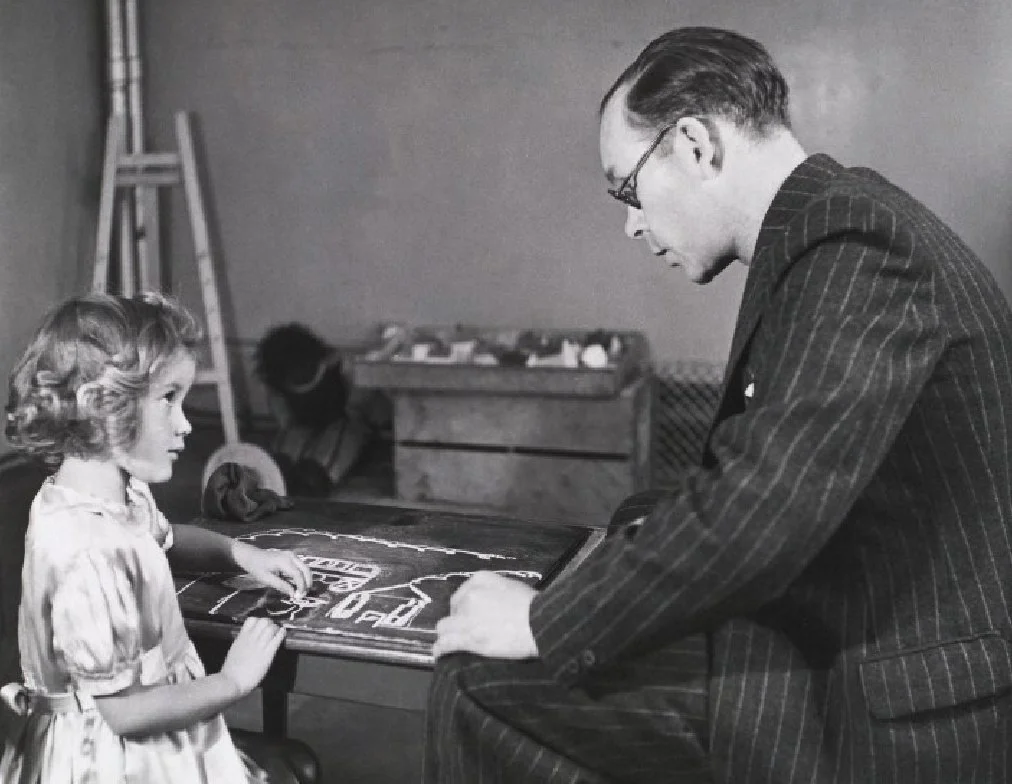
A pioneering trust
We pioneered a new NHS profession of child and adolescent psychotherapy that has become internationally known
We pioneered infant observation which is now an integral part of training for both adult and child psychoanalysts worldwide
Our group relations conferences offer attendees the chance to understand more about group processes and how they behave in a variety of group settings
Now practiced in every continent and the basis of the Tavistock consultancy model
We created the first training for systemic family therapy in the UK
We created peer supervision groups for GPs and other professions
The Tavistock and Portman in numbers
We saw our first service user in
1920
We have
825
staff
We have
34
services
182
education and training courses
10,810
service users
4,991
students
1
leading independent specialist school
Leading on
14
research studies
We are regulated by
3
bodies (CQC, Ofsted and Office for Students)
11
research partners
Income of
£67.2m
A unique trust
Pioneering research, such as Watch Me Play! – a simple way for parents and caregivers to support their baby or young child
We provide a nationwide specialist psychotherapies for children and adults who are at risk of, or have committed, violent or sexual criminal offences
Partnering with the University of Essex, we have degree awarding powers for a range of post graduate courses
The only NHS Trust registered with the Office for Students
We run a therapeutic primary school for children with social, emotional and mental health needs
The UK’s oldest gender identity service for adults
Our new strategy
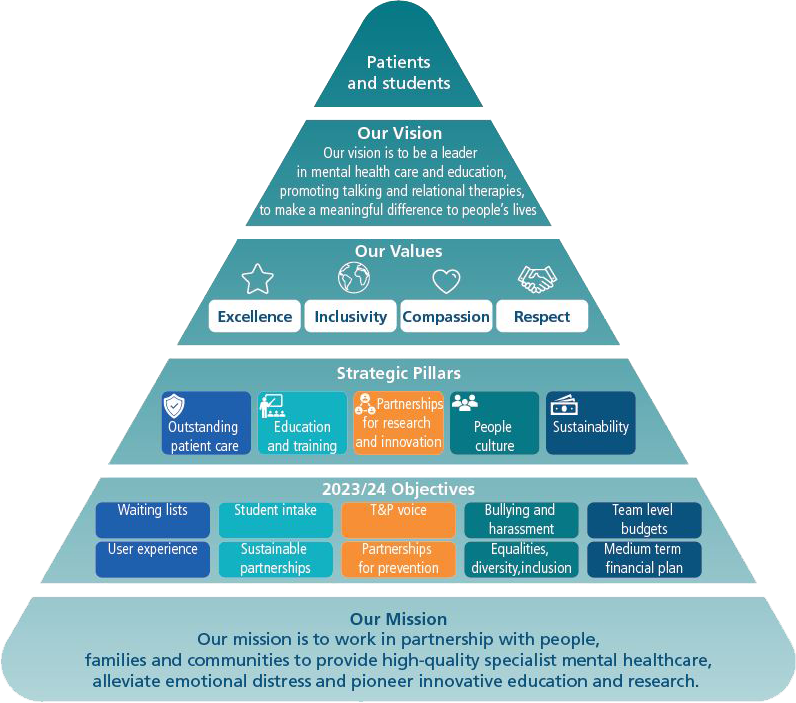
Description of image
The diagram is a pyramid with several different sections.
- The first section at the top of the pyramid says ‘Patients and students’
- The second section is titled ‘Our vision’ and says ‘Our vision is to be a leader in mental health care and education, promoting talking therapies and relational therapies to make a meaningful difference to people’s lives’
- The third section shows our four values; Excellence, inclusivity, compassion and respect
- The fourth section is titled ‘Strategic pillars’, and shows five coloured boxes, with each saying; Outstanding patient care, education and training, partnerships for research and innovation, people culture, and sustainability
- The fifth section is titled ‘2023/24 objectives’ and lists;
- waiting lists
- student intake
- T&P voice
- bullying and harrassment
- team level budgets
- user experience
- sustainable partnerships
- partnerships for prevention
- equalities, diversity and inclusion
- medium term financial plan.
- The final section at the bottom of the pyramid is titled ‘Our mission’ and says ‘Our mission is to work in partnership with people, families and communities to provide high-quality specialist mental healthcare, alleviate emotional distress and pioneer innovative education and research.’
Our new strategy signals our values and sets out a plan to support all of us in coming together to deliver its ambition via a consistent way of working on quality improvement over the next three years. At its core is strengthening our relationship with service users, carers, students, all our partners and each other. This is our plan to ensure services, education, training and research are contemporary and fit for future as we consider merger partners.
Education and training
We are an internationally renowned centre of excellence in clinical practice, training and innovation for mental health and wellbeing.
For more than a century we have been at the forefront of services and education, as clinicians, teachers and innovators. Foundational ideas such as infant observation and attachment theory trace their origins back to us, and we continue a culture of innovation today across our work.
Our educators are also our clinicians including world-wide experts, creating a rare clinician-tutor-academic model delivered in a healthcare setting where theory and practice are in constant conversation.
Through our work and current partnerships, we are already one of the biggest providers of mental health education in the world, especially in psychotherapy and social work. However, we are one of the smallest Trusts in the NHS. We are ambitious for the future, and mindful that we must constantly evolve to reflect the changing needs of the people we care for and teach, and the systems in which we work.
Equality, diversity and inclusion
Equality, diversity and inclusion are intrinsic to all areas of course leadership, and professional services at the Tavistock and Portman.
We have a dedicated team whose specific brief is to work with all staff in the Directorate of Education and Training to address issues of equality, diversity and inclusion (EDI) at every level of course design and delivery.
We are also committed to widening participation and enabling access to our many programmes. We want to ensure that students from Black, Asian and Minority Ethnic / Global Majority backgrounds feel welcome and involved when studying with us. This includes being supported to thrive and achieve. We actively monitor our recruiting and awarding gaps to ensure our courses are identifying and addressing areas of concern.
Our courses are part of a long tradition of psychoanalytic, psychological, systemic, forensic, organisational and multi- disciplinary thinking, practice and learning. We are mindful of the complex histories of the traditions we draw on. Our courses commit not only to identifying and addressing discriminatory practice, but also to increasing the representation of staff and students from minority groups including Black, Asian and Minority Ethnic / Global Majority, LGBTQIA+ and disabled students.
We welcome and value students from all social class backgrounds, different cultures, faiths and traditions, and we believe that diverse ways of thinking enrich our teaching and learning.
Spotlight on: Tavistock Consulting
A specialist organisational development and change consultancy working with clients across the health, corporate, education and third sectors as well as in central and local government. We work collaboratively with our clients,
co-creating interventions that are shaped with their context in mind so that our work aligns with and amplifies organisational performance.
Our expertise lies in being able to work with the full complexity of organisational life. This means we recognise and engage with both the practical realities and issues our clients face as well as the unacknowledged aspects that lie below the surface; the assumptions, dynamics and emotions that often present an unanswered challenge to creating real and sustainable change.
We incorporate three overlapping frameworks of thinking: systems thinking, the study of group behaviour and psychoanalytic theory into an aligned approach, where each aspect connects and inter-relates, whether we are working with an individual, a team or a whole organisation. It’s a powerful combination that gives clients a depth of understanding that gets to the heart of a situation and generates sustained learning and improvement.
Our team is made up of organisational consulting experts with a variety of backgrounds, many of whom are also part of the faculty of the Tavistock’s own Masters and Doctoral Programmes in Consulting and Leadership and regularly publish and speak at conferences.
Education and training offer
-
Adult mental health courses
Our training programmes use psychoanalytic and systemic thinking to promote understanding of emotional difficulties and complicated relationships
-
Working with children, young people and families courses
Our courses give you a deeper understanding of the complex difficulties children and families experience and will develop your capacity for skillful intervention, critical reflection and resilience
-
Social work and social care courses
Our courses teach vital skills for clinical, educational, managerial and leadership roles, and are rooted in social work’s reflective practice traditions, while responding to and shaping current changes in the profession
-
Leadership and mangement courses
Understand the complex interrelationship between the conscious and unconscious in group dynamics and develop essential tools for management and leadership in complex, challenging, changing organisations
-
Digital and short courses
The digital and short course portfolio delivers a wide range of the Trust’s digital and short courses.
-
Tavistock Consulting
A specialist organisational development and change consultancy working with clients across the health, corporate, education and third sectors as well as in central and local government.

Spotlight on: iTHRIVE
The THRIVE Framework for system change is an integrated, person centred, and needs led approach to delivering mental health services for children, young people and their families. It was developed through a collaboration between the Tavistock and Portman NHS Foundation Trust and the Anna Freud National Centre for Children and Families.
Community and integrated services for children, young people, families and adults
We are proud of the support our dedicated staff offer for children and their families in Camden, across London and nationally. We aim to make our services accessible and easy to understand (for all those involved) and with short waiting times for assessment and treatment.
How do we help?
We work with people that are having a hard time with their mental health. This means that they might be feeling sad or anxious or are not sure why they feel a certain way about something.
Children and their families, or the people that are looking after them, come to us to talk to people who can help them to feel better. They do this by listening carefully to how they are feeling and helping them find different ways that might help them cope and to help them feel better. We will help the patient ask questions when they feel unsure. If they find it hard to talk, they can write or draw pictures to help explain how they feel. We will do our best to make them feel happy and comfortable.
We will meet the patient, and members of their family, and those that care for them and talk about what is going well and what is not going so well and hear what everyone has to say.
Spotlight on: Gloucester House
Gloucester House is a leading independent special school with a fully integrated specialist clinical team located 5 minutes’ walk from the Tavistock Centre. For over 50 years we have pioneered therapeutic educational work with children.
Gloucester House works with up to 21 children aged between 5 to 14 across Key Stages 1,2 and 3. We provide a model of good practice that fits the Education, Health and Care Plan model.
Therapists, specialist nurses and education staff work closely together to support the learning and development of children with social, emotional and mental health difficulties as well as their families/carers and the professional network around them
We work with parents, carers and referrers to set achievable and coherent targets and plans for each child and review these termly. We also provide annual outcome monitoring reports for the whole service, which demonstrate:
- Outstanding and good results in narrowing attainment gaps
- Outstanding and good academic outcomes for children with previously poor trajectories
- Positive and sustained progress in children’s emotional wellbeing, mental health and general functioning
- Significant progress in children and family’s resilience resulting in decreased distress and impact associated with the child’s complex needs
- Good track record of reintegration rates sustained over the last 10 years – around 50% returned to mainstream or specialist day school for learning
- Achieving future long-term placement stability – one year after leaving Gloucester House 82% of children are stable and doing well)
- Positive feedback from stakeholders, parents/carers and children
Nurses, teachers, therapists and clinicians all work together to meet pupils’ individual needs. They focus on getting pupils to a place where they can engage with learning again
Ofsted, 2022
Our community and integrated services
North and South Camden community CAMHS
We specialise in providing help and treatment for children and young people (0-18 years) with emotional health and wellbeing needs.
Camden adolescent intensive support service (CAISS)
We offer intensive support to young people in crisis to keep them safe and out of hospital.
Whole family service
We help people between the ages of 14 and 25 who struggle with any emotional or relational aspect of being an adolescent or young adult.
Whole family service (perinatal)
We are a highly specialist service offering psychological therapy to families during pregnancy and with babies, toddlers and children up to the age of 5 years.
First step plus
We provide psychological health screening and assessment for all looked-after children and young people in Haringey.
Camden mosaic
Camden MOSAIC is part of the Integrated Children’s service in Camden.
Gloucester House
Gloucester House is a leading special school with a uniquely integrated specialist clinical team.
Gloucester House outreach
An innovative service by offering skills and experience in both mental health and education that addresses the most pressing needs and challenges facing our children sector today.
Camden mental health support teams (MHST) in schools
An early intervention, school-based mental health service that works collaboratively with Camden primary and secondary schools.
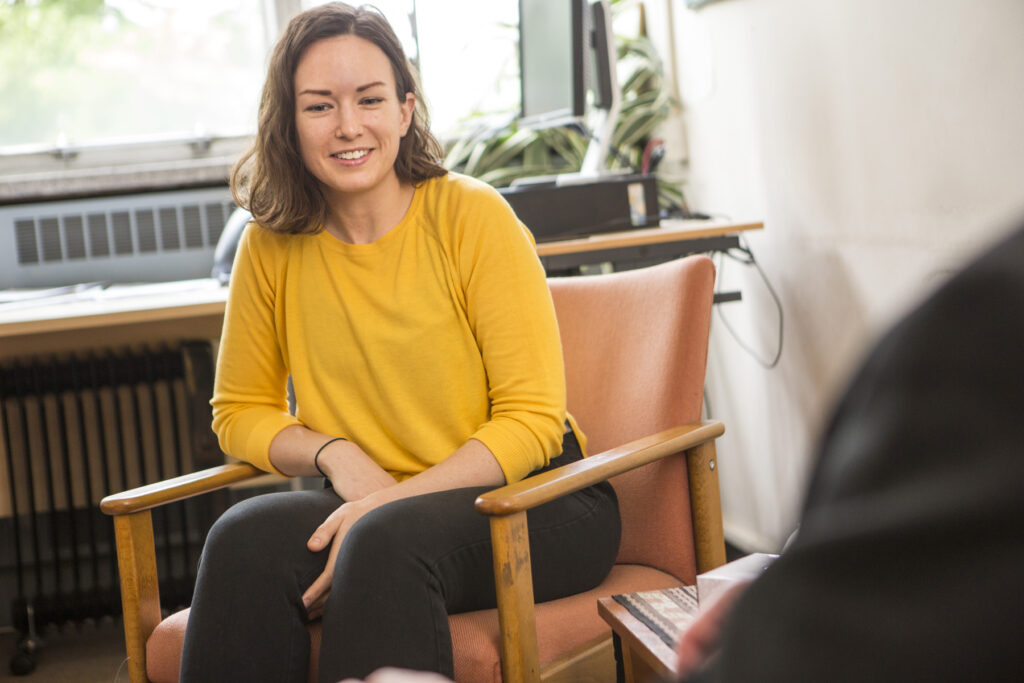
Spotlight on: Family drug and alcohol court
- Aims to help parents stabilise/stop using drugs/alcohol and, where possible, keep families together.
- Recent research has found that 52% of the children whose cases go through FDAC are able to remain with their parents, compared with just 12.5% in standard family care proceedings.
- Instead of the usual care proceedings court process, a family chosen for the family drug and alcohol court process goes through a very different process set up to help tackle drug and alcohol problems through the ‘trial for change’.
- Families in proceedings with FDAC will get an allocated judge meaning that the judge will know the family’s case and history inside-out giving consistency to all involved. The parent will also go to court every two weeks to speak directly with their judge – these hearings are called ‘non-lawyer reviews’
Whilst working within NHS strategic objectives and governance frameworks, we tailor our clinical, consultation, education and research offer to meet the specific, complex needs of service users, service providers and students.
Our complex mental health services
From the outset, we have sought to prevent the hospitalisation and institutionalisation of individuals who might live useful and productive lives. We treat people across their lifespan and have expanded the understanding of mental health with our developmental approach. This has led to work with an ever-increasing range of professional groups.
We have provided a century of original and innovative thought on human development and how to support those that need help. This is the core driver for our complex services.
Adolescent and young adult service
For people between the ages of 14 and 25 who struggle with any emotional or relational aspect of being an adolescent or young adult.
Fostering, adoption and kinship care
We provide help to looked-after children and young people with emotional and behavioural problems.
Family mental health
Supporting the emotional health and wellbeing of children, young people and their families.
Autism assessment service
Specialist assessment and treatment for children and young people with autistic spectrum conditions and developmental learning disabilities.
Trauma service
We have special expertise to help people in the aftermath of trauma.
Psychotherapy
We provide a range of psychotherapies for those who need a specialised service
Portman clinic
Specialist long-term help for adults with disturbing sexual behaviours, criminality and violence.
Family drug and alcohol court (FDAC)
Helping parents stabilise/stop using drugs/alcohol and, where possible, keep families together.
Forensic CAMHS (FCAMHS)
A free specialist community service designed to provide consultation to professional networks regarding young people that cause them great concern, specifically in relation to risk and the extreme and criminal behaviour.
Eating difficulties and avoidant restrictive food intake disorders (ARFID)
For children and young people with early onset eating disorders and ARFID
Our gender services
Gender identity clinic
We provide holistic gender care, focusing on the biological/medical, psychological and social aspects of gender.
Our research
We run and collaborate on applied research projects that take place within and outside of the NHS, with national and international collaborators. Most of our work is focused on children and young people’s mental health and development, although we are interested in mental health and wellbeing across the life-course
Increasingly, our research takes a systematic approach towards the prevention of mental ill-health and looks at ways that we can better tailor or personalise interventions to improve and promote psychological wellbeing. We have a strong inter-disciplinary focus that allows us to integrate insights from a range of perspectives and build on this knowledge to inform innovation in practice.
Our research studies
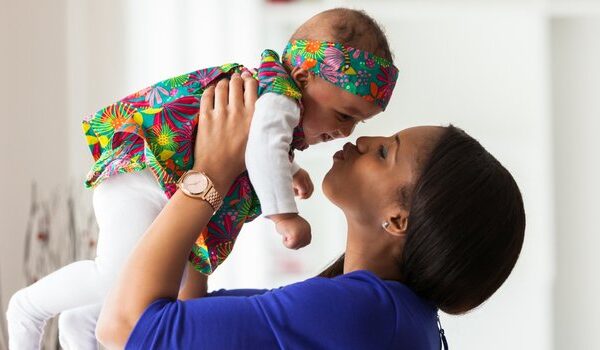 Research
ResearchVideo-feedback Intervention to promote positive parenting and sensitive discipline (VIPP-SD)
Introducing the evidence-based intervention developed by Leiden University in the Netherlands, into the UK
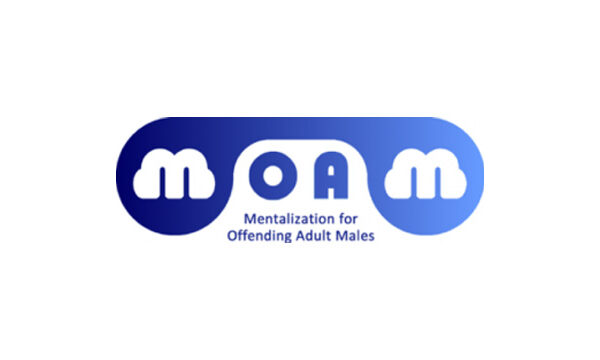 Research
ResearchMentalisation for offending adult males (MOAM)
Funded by the NIHR Health Technology Assessment programme.
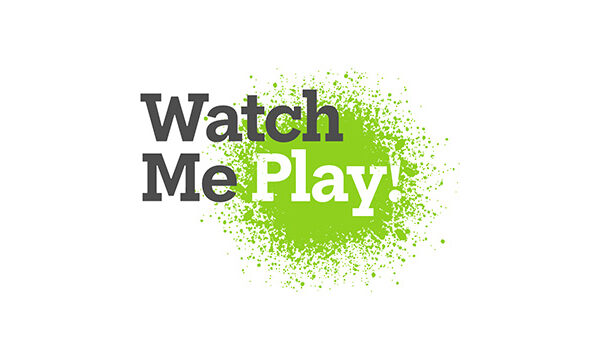
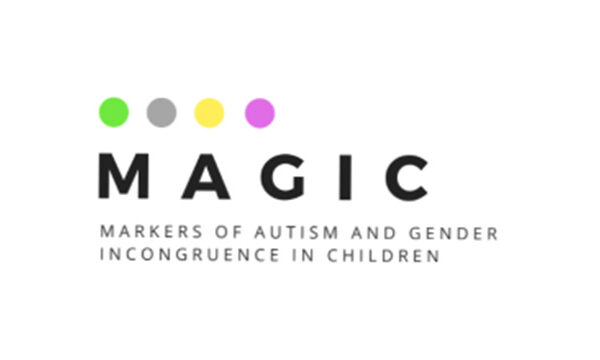
 Research
ResearchFeasibility trial of remotely delivered Video Interaction Guidance (VIG) for families of children with LD
Funded by the NIHR Research for Patient Benefit programme.
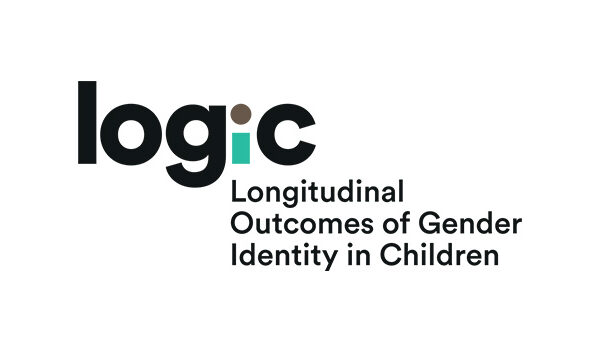 Research
ResearchLongitudinal outcomes of gender identity in children (LOGIC)
Funded by the NIHR Health and Social Care Delivery Research Programme
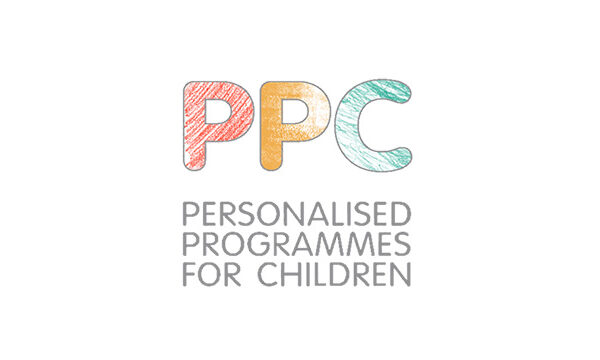 Research
ResearchPersonalised programmes for children
Funded by an NIHR Programme Grant for Applied Research.
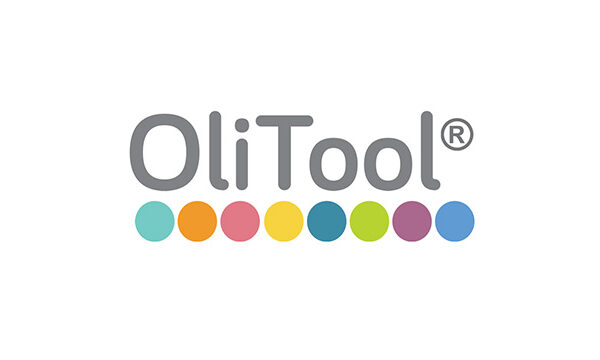
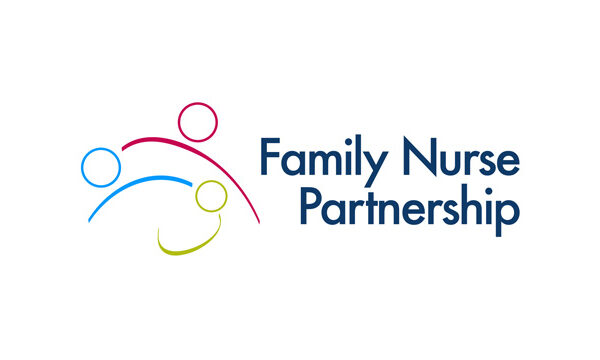 Research
ResearchFamily nurse partnership (FNP): a data linkage study.
Funded by the NIHR Health Services Delivery Research Programme.
Our improvement model and financial plans
Our improvement model
Our frontline teams, patients and carers are closest to complex problems and therefore best placed to find solutions. Our quality improvement approach is about giving the people closest to issues affecting care quality the time, permission, skills and resources they need to solve them. It involves a systematic and coordinated approach to solving a problem using specific methods and tools with the aim of bringing about a measurable improvement.
We use A3 problem solving as an approach to reporting issues and presenting ways of addressing them. This way we keep the same story on issues we face and how we are delivering improvement from individual, to team to board level.
Medium term financial plan
- Assumed starting point is 23/24 plan achievement (£2.5m deficit). M08 assessment is that the year-end plan will be delivered, predicated on the one off GIDS decommissioning costs being funded in total.
- Initial version of the plan (developed as part of the NCL ICS process) delivers a deficit in 24/25 of c£2.4m. Note this is not a final agreed plan, but a realistic current view of what is achievable in 24/25.
- The expected deficit in 24/25 is driven in the main by the loss of the overhead contribution from the decommissioned GIDS and NWSDU services, estimated to be c£2.4m.
- The 24/25 expected deficit assumes a similar level of efficiency to previous years (c.£2.9m in total) and identified additional service and education driven income of c.£1.7m.
- Efficiency plans (both recurrent and non-recurrent) are currently being developed in the Trust, in line with national annual planning timescales and guidance.
- Further commercial opportunities, primarily relating to education and consultancy services are also being targeted and developed to contribute to the longer-term financial position of the Trust. These are anticipated to contribute from 25/26 onwards.
- A balanced plan being delivered in 25/26, supported by the recurrent efficiency program and the further additional income opportunities being targeted.
Financial summary
Community and integrated services – 26.3% of income
(mainly NCL ICS and Camden Council commissioned via ‘Camden Place Based’ budget with small number of services based in other Integrated Care Systems)
Complex mental health provider – 15.57% of income
(NHSE, Local Authorities and Other National Bodies commissioned)
Gender provider – 27.6% of income (noting this will reduce by 58% or £9.641m with loss of GIDs in 2024/25) (NHSE Commissioned)
Education and training provider – 30.4% of income
(Education and Training contracts / high brand value – via Tavistock Consulting)
Service lines and budgets
- Service line 1 – Education and Training: £18,304k
30.4% of total income - Service line 2 – Community & Integrated: £15,875k
26.3% of total income- Camden Community Unit – North and South (£4,402k) – 7.3%
- Camden Community Unit – Other (£4,361k) – 7.2%
- Integrated Unit – First Step (£885k) – 1.5%
- Integrated Unit – MOSAIC (£797k) – 1.3%
- Integrated Unit – PCPCS (£1,246k) – 2.1%
- Integrated Unit – Surrey Mind Works (£1,299k) – 2.2%
- Integrated Schools Service – Gloucester House (£1,456k) – 2.4%
- Integrated Schools Service – North MHST (£714k) – 1.2%
- Integrated Schools Service – North MHST (£714k) – 1.2%
- Service line 3 – Complex Mental Health: £9,475k
15.7% of total income- Child Complex Service (£3,307k) – 5.5%
- Social Integration Unit – FDAC (£1,182k) – 2.0%
- Social Integration Unit – Portman (£1,732k) – 2.9%
- Social Integration Unit – Returning Families & Key Worker Service (£457k) – 0.8%
- Social Integration Unit – FCAMHS (£748k) – 1.2%
- Adult Complex Service (£2,049k) – 3.4%
- Service line 4 – Gender: £16,654k
27.6% of total income- GIC (£7,013k) – 11.6%
- GIDS (£9,641k) – 16.0% – Decommissioned from 31st March 2024
Staffing breakdown
| 139 | 362 | 117 | 140 |
- Whole-time equivalents in education and training*
- Whole-time equivalents in clinical services**
- Whole-time equivalents in joint clinical, education and training
- Whole-time equivalents in corporate services
* noting we also have 200 visiting lecturers
** includes all clinical roles including medical, nursery and midwifery and allied health professionals
Next steps
As we have been thinking about the future of the Tavistock and Portman over recent years we have listened to what our staff, governors, partner organisations, local communities and patient groups would like to see happen. This includes making sure that any changes:
- Maintain and build on our excellent record for patient experience, clinical outcomes and safety
- Help us continue to grow our unique education offering
- Support us to recruit and retain staff, proviing first class training, career and personal development opportunities
- Continue to deliver world class research and innovation
- Help us improve our efficiency to benefit patients and service users
- Are aligned with our values and meet the needs of our service users

